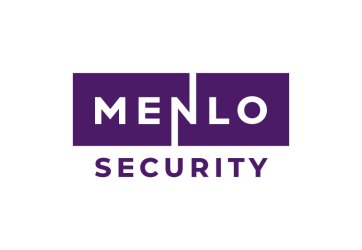The Threat Landscape is HEATing Up for Government: What You Can do to Prevent These Attacks
For many workers, the browser has essentially become the office since according to a recent study by Forrester Consulting, hybrid and remote workers spend more than 75% of their working day in a web browser. Even before the need to support remote workers, the challenges for government IT and security teams was more daunting than ever with the need to modernize IT systems, comply with federal requirements, deal with technology talent shortages, and deliver mission-critical citizen services while addressing the growing number of cyber-attacks.
While these priorities may shift occasionally, there’s nothing more important than preventing cybersecurity breaches. Too often, IT leaders believe that because they have cybersecurity procedures in place, their systems are secure, however, the increasing number and complexity of cyber threats have exposed the fact that old methods of detect and respond are no longer enough and pose major risks.
Despite the shift to a Zero Trust model, the weakest link in any organization continues to be its employees. After two years of hybrid and remote work, threat actors understand this paradigm shift and have adapted by creating Highly Evasive Adaptive Threats (HEAT). A HEAT attack is a class of cyberthreat that leverages web browsers as the attack vector and employs various techniques to evade multiple layers of detection in current security stacks. Since July 2021, there has been a 224% increase in HEAT attacks. These attacks allow threat actors to deliver malicious content, including ransomware, to the endpoint by adapting to the targeted environment.
In this webinar, you will hear how government organizations are overcoming challenges to prioritize cybersecurity.
- Supporting remote government workers and the increased risk profile
- Taking steps towards Zero Trust - the best approach and how to implement it
- Modernizing IT systems, the risk(s) involved, and how to deliver seamless citizen experiences
- Addressing the shortage of IT talent, such as cybersecurity engineers, in government
- Helping IT leaders build a strategy to prevent attacks
Speaker and Presenter Information
Mark Guntrip, Senior Director Cybersecurity Strategy for Menlo Security
Relevant Government Agencies
State Government, County Government, City Government, Municipal Government, State & Local Government
Event Type
Webcast
This event has no exhibitor/sponsor opportunities
When
Wed, Sep 21, 2022, 11:00am - 11:45am
PT
Cost
Complimentary: $ 0.00
Website
Click here to visit event website
Organizer
DLT Solutions
Menlo Security
Join the event conversation:
@DLTSolutions






